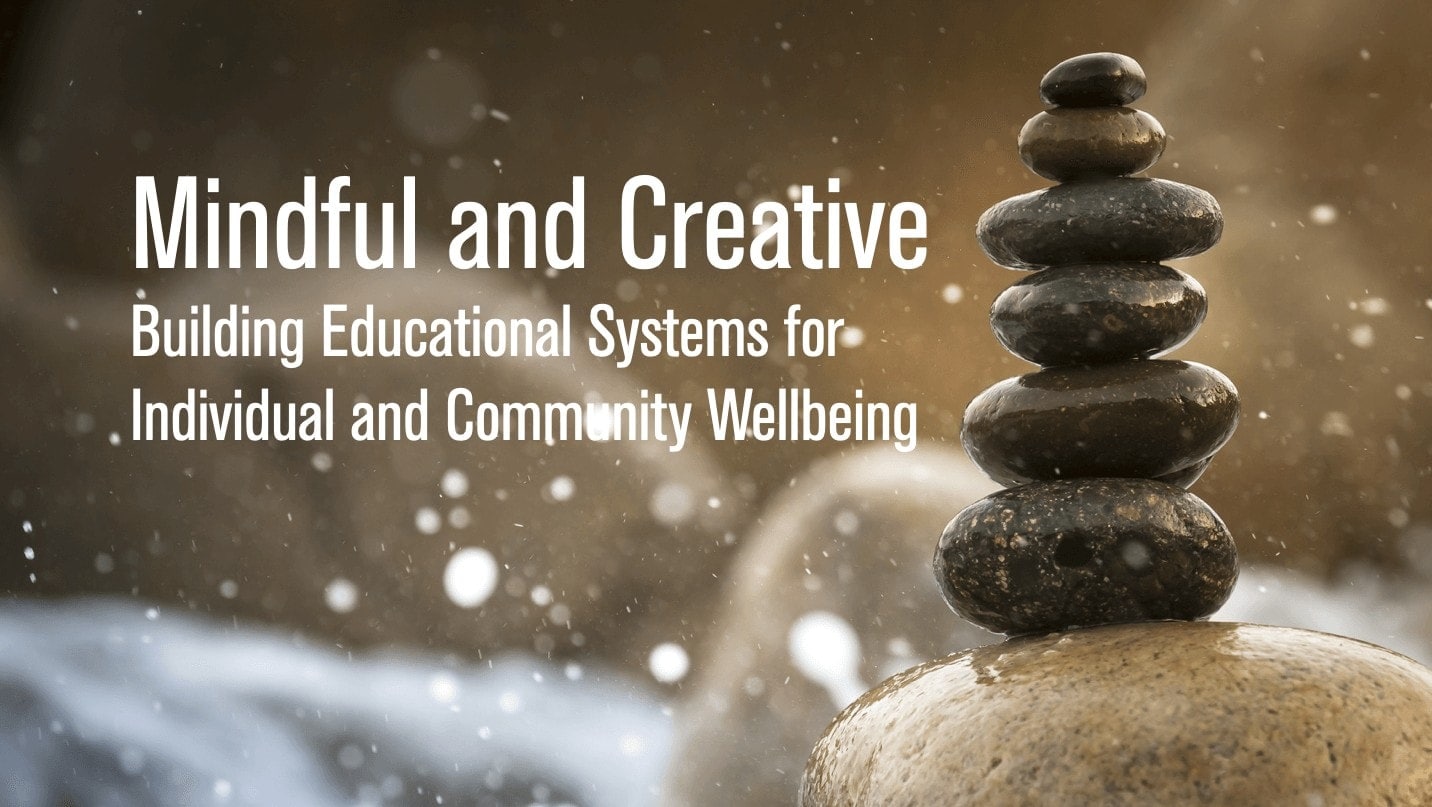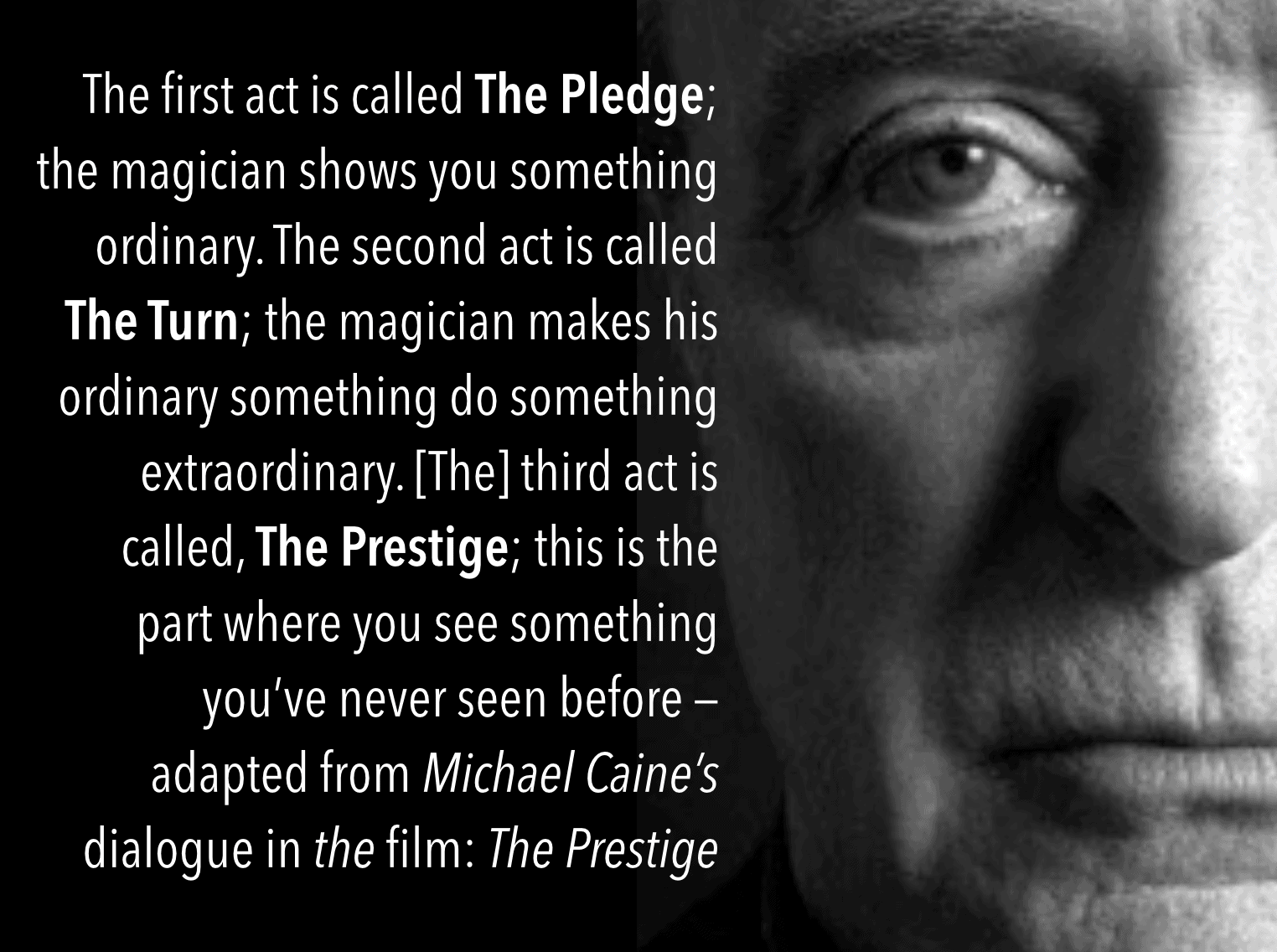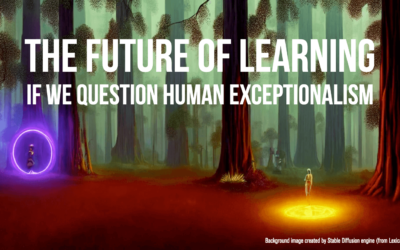Some thoughts on play and games inspired by a recent article in the NYTimes Magazine titled “Taking Play Seriously“. Based on the article I argue that play is essential for learning… I also throw in some thoughts about the distinction between play and games, and why I prefer one over the other.
 An essential paradox of play is why such an apparently useless waste of energy and time would evolve. In fact, the article provides some examples of how play can actually be quite a risky activity (for many animal species). This inherent paradox is addressed by researchers in many ways. One of the more intriguing hypothesis (supported by some evidence) is that play “contributes to the growth of more flexible brains.” As one of the researchers Bekoff, quoted says, “I think of play as training for the unexpected,. Behavioral flexibility and variability is adaptive; in animals it’s really important to be able to change your behavior in a changing environment.’’ He goes on to argue that “play leads to mental suppleness and a broader behavioral vocabulary, which in turn helps the animal achieve success in the ways that matter.”
An essential paradox of play is why such an apparently useless waste of energy and time would evolve. In fact, the article provides some examples of how play can actually be quite a risky activity (for many animal species). This inherent paradox is addressed by researchers in many ways. One of the more intriguing hypothesis (supported by some evidence) is that play “contributes to the growth of more flexible brains.” As one of the researchers Bekoff, quoted says, “I think of play as training for the unexpected,. Behavioral flexibility and variability is adaptive; in animals it’s really important to be able to change your behavior in a changing environment.’’ He goes on to argue that “play leads to mental suppleness and a broader behavioral vocabulary, which in turn helps the animal achieve success in the ways that matter.”
What is interesting here is that what one means by “ways that matter” changes with time. For most animals that indulge in play (and for most of our evolutionary history), what mattered was “group dominance, mate selection, and avoiding capture and finding food.”
Now that these things matter less to us (at least those of us lucky enough to be in the first world), play starts becoming interesting for other purposes. My interest in how people learn has always emphasized play as maybe the most useful way of learning. Playing is inherently an creative act, akin to “improvisation of a jazz quartet, forcing [us] to respond rapidly to change.”
One very significant dimension of play, of particular interest to me, is the tension between rules and the breaking of these rules to enhance play. It seems to me that an important aspect of play is this freedom we have to change the rules. This is where play differs significantly from games, where are rules are much more important. Despite the fact that the words game and play have often been used interchangably, I see games as being a subset of play, differing essentially by how loose one can be with the rules. Games are often circumscribed by rules, rules that cannot be changed. If you transgress them then you are not playing by the rules. Play on the other hand is more open-ended with a greater level of flexibility in changing rules half-way through. This makes inherently difficult to study, but provides a far greater context for flexible thinking.
I guess this is my biggest concern with the recent interest in games for learning. I find most games quite constrained, preventing players from truly “JOOTSing” (a term invented by Doug Hofstadter, and an acronym for “Jumping Out Of The System”) and thus stifling true creativity. Most problems in the real world have multiple solutions and one of the key concerns in learning is avoiding falling into the trap of thinking one solution as being the only way of doing things. We often find one solution and assume that is the optimal solution or the only solution. This is the “lure of false endpoints.” One of the key things play does is allow us to sidestep this, because “players are having so much fun that they keep noodling away at a problem and might well arrive at something better than the first, good-enough solution.”
* image credit Dalla (via Flickr.com)




0 Comments